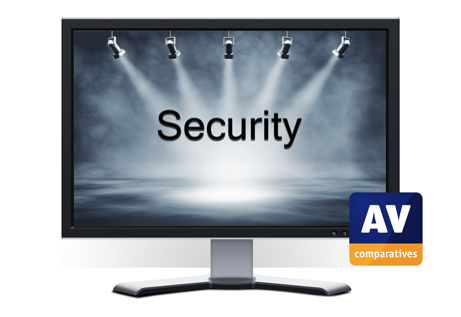Gandalf_The_Grey
Level 85
Thread author
Verified
Honorary Member
Top Poster
Content Creator
Well-known
Forum Veteran
Life is often about multiplicity. The more the merrier. Two heads are better than one. Strength in numbers. You get the idea. But when it comes to antivirus, it’s more a case of too many cooks in the kitchen.
We often hear from users who assumed that installing multiple antivirus solutions on their computer would improve their chances of detecting any malicious files before they do any damage. However, while it is a good idea to have multiple complimentary security products in place if you take your security seriously, this doesn’t extend to multiple full antivirus solutions. Having several antivirus products in place won’t do much to improve your machine’s security – in fact it’s likely to cause you some serious problems.
Competing for computer power
Conducting full system scans can be a resource-heavy process at the best of time – indeed system performance during scanning is one of our main testing criteria. Running two antivirus products at the same time means twice the drain on your computer’s resources. Even if each solution boasts a low level of performance impact, together they will almost certainly slow your machine down and possibly cause other issues. In fact, the solutions might use even more resources than normal as they compete with each other
Butting heads
The impact is much worse if an actual threat is found on your machine. Each antivirus will attempt to go through its own processes to identify and quarantine the suspected malicious file- and they’ll both do it at the same time. Picture two enthusiastic dogs chasing the same rubber ball and then butting heads and fighting over it when they catch up. This will result in a major drain on your machine’s resources and can cause erratic behaviour including freezing or even full-on system crashes. In some cases, competing products can get caught in an endless loop. One antivirus will copy a file to a temporary folder for scanning, and another solution will notice the activity and be prompted to make its own copy. The first product may then notice this and make another copy… and so on, until the system runs out of memory.
There can be only one: what to do if you have multiple antivirus products
If you have more than one solution on your machine, you should look at cutting back to a single choice before you run into any serious issues. It’s worth noting that this generally only applies to software that conducts scans of your entire operating system. More specific solutions like email scanners are less likely to be an issue and will probably be able to coexist without any problems. Nevertheless, it’s worth going through any security tools on your system to make sure they are compatible.
When deciding which solution to keep, you should take the opportunity to make sure that your products are working correctly to make sure it’s a fair comparison. Check out this post for some advice on making sure your antivirus is functioning properly.
You should be particularly on the lookout for the possibility of one of your antiviruses actually being a rogue program. These rogues appear to be genuine, but it’s only surface deep. Behind the scenes they will be conducting malicious activity such as installing keyloggers or backdoor access to your machine.
When you’re sure all the antiviruses on your machine are genuine and working as they should be, it’s time to pick a winner. If you’re struggling to decide, we can help you. Take a look at our tests for some insight into which antivirus product is the best one for your needs.

Why you should never have multiple antivirus programs on your computer
Find out why AV-Comparatives recommends that you should never have multiple antivirus programs on your computer
 www.av-comparatives.org
www.av-comparatives.org
